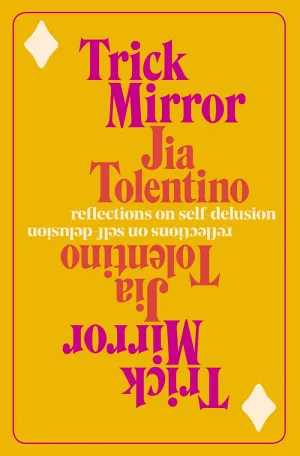
I have wondered if we’re entering a period in which the line between valuing a woman in the face of mistreatment and valuing her because of that mistreatment is blurring; if the legitimate need to defend women from unfair criticism has morphed into an illegitimate need to defend women from criticism categorically; if it’s become possible to praise a woman specifically because she is criticized—for that featureless fact alone.
The conventional vision of a woman’s life, in which the wedding plays a starring role, seems to be offering an unspoken tradeoff. Here, our culture says, is an event that will center you absolutely—that will crystallize your image when you were young and gorgeous, admired and beloved, with the whole world rolling out in front of you like an endless meadow, like a plush red carpet, sparklers lighting up your irises and petals drifting through your lavish, elegant hair. In exchange, from that point forward, in the eyes of the state and everyone around you, your needs will slowly cease to exist.
It’s possible that, just as marriage conceals its true nature through the elaborate ritual of the wedding, I have been staging this entire production to hide from myself some reality about my life. If I object to the wife’s diminishment for the same reason that I object to the bride’s glorification, maybe this reason is much simpler and more obvious than I’ve imagined: I don’t want to be diminished, and I do want to be glorified—not in one shining moment, but whenever I want.
Provided with a feminist praxis of individual advancement and satisfaction—two concepts that easily blur into self-promotion and self-indulgence—women happily bit. A politics built around getting and spending money is sexier than a politics built around politics.
And here one of the most soul-crushing things about the Trump era reveals itself: to get through it with any psychological stability—to get through it without routinely descending into an emotional abyss—a person’s best strategy is to think mostly of himself, herself. As wealth continues to flow upward, as Americans are increasingly shut out of their own democracy, as political action is constrained into online spectacle, I have felt so many times that the choice of this era is to be destroyed or to morally compromise ourselves in order to be functional—to be wrecked, or to be functional for reasons that contribute to the wreck.
It’s hard to draw the line between taking pleasure in God’s purpose and aligning God’s purpose with what I take pleasure in, I wrote, between entries where I tried to understand if it was inherently wrong to get drunk. (At my school, you could be expelled for character-based spiritual offenses such as partying, being gay, or getting pregnant.) I stood between both sides of my life, holding the lines that led to them, trying to engage with a tension that I stopped being able to feel. Eventually, almost without realizing it, I let one side go.
[…] the fact that everything feels like God to me ensured that I would not remain a Christian. Church never felt much more like virtue than drugs did, and drugs never felt much more sinful than church.
The nature of a revelation is that you don’t have to re-experience it; you don’t even have to believe whatever is revealed to hang on to it for as long as you want. In the seventies, researchers believed that MDMA treatment would be discrete and limited—that once you got the message, as they put it, you could hang up the phone. You would be better for having listened. You would be changed.
They don’t say this about religion, but they should.